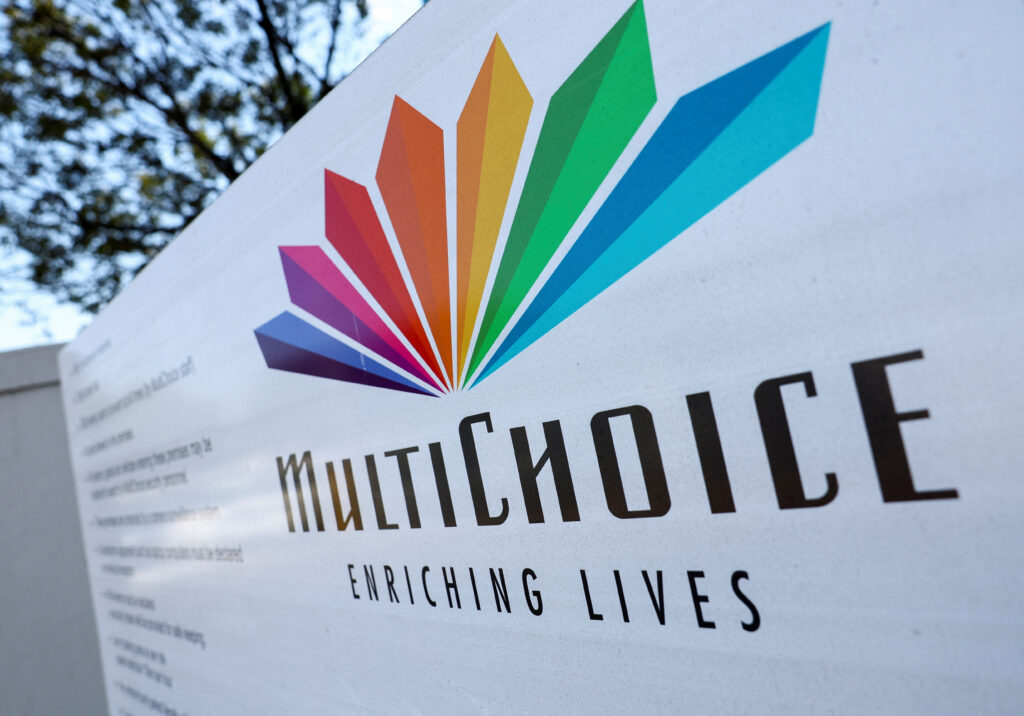After months of heightened tariff pressure, the US and China appear to be moving towards de-escalation. US Treasury Secretary Scott Bessent and US Trade Representative Jamieson Greer concluded talks with Chinese Vice-Premier He Lifeng in Geneva, calling the discussions “productive” and a sign of “substantial progress”.
The talks resulted in an agreement to establish a bilateral mechanism for continued dialogue. Both delegations emphasised shared interests.
ADVERTISEMENT
CONTINUE READING BELOW
Read:
US businesses, including major retailers, had warned of looming shortages if tensions continued. President Donald Trump called the talks a “friendly but constructive reset”. Chinese state media described them as “candid and in-depth”, highlighting a desire to stabilise trade ties amid slowing global growth and mounting domestic pressures.
Markets responded positively – the S&P 500 and Nasdaq futures rose 1.5% and 2%, respectively. Gold fell 1.4%, and 10-year US Treasury yields climbed slightly to 4.4%. Asian equities also gained, with Hong Kong’s Hang Seng Index up 0.9% and the CSI 300 rising 0.6%. The dollar strengthened modestly, while haven currencies (like the yen and franc) weakened.
China’s strategic pivot: Electrification as a geopolitical buffer
Amid trade tensions, China continues its push towards becoming the world’s first ‘electrostate’.
Under President Xi Jinping’s leadership, the country has prioritised energy self-sufficiency and technological leadership in clean energy sectors.
Clean technologies now make up 10% of China’s GDP and were responsible for a quarter of its economic growth last year.
Electrification has reached 30% of energy use, well above the 22% seen in the US and Europe, and continues to accelerate.
Electric vehicle sales are expected to exceed 12.5 million in 2025, outpacing internal combustion vehicles. At the same time, China is investing heavily in ultra-high-voltage transmission infrastructure, with up to $800 billion allocated until 2030. These investments enable solar and wind power from inland regions to reach coastal industrial zones and support a more reliable, distributed power system.
By 2028, China is projected to source more than 50% of its power from low-carbon sources, including hydro, solar, wind, and nuclear. This transformation supports both energy security and export competitiveness, allowing China to dominate clean tech supply chains while reducing exposure to foreign energy dependencies.
Market implications and investment considerations
While the Geneva talks offer near-term relief, the broader macro-environment remains volatile.
US markets have been erratic in recent weeks, with the VIX still elevated and asset correlations shifting unpredictably. Currency markets are also sensitive. The Taiwanese dollar, for instance, surged by more than 6% in days, raising speculation around trade negotiations influencing Asian holdings of US assets.
Analysts warn of ‘avalanche risk’ if foreign institutions reduce their dollar exposure quickly.
ADVERTISEMENT:
CONTINUE READING BELOW
Central banks in Asia have already intervened to stabilise their currencies.
For investors, the strategic divide between the US and China presents clear themes: The US is prioritising fossil fuel exports and tariffs, while China is doubling down on electrification and supply chain control.
These trends will influence capital flows, commodity demand, and technological competition for years to come.
Investor insights
The US-China trade talks represent the most constructive engagement in months. China’s electrification strategy is also advancing rapidly, offering resilience amid trade and energy disruptions.
That said, volatility remains high across equities, bonds, and currency markets, driven by structural and policy shifts.
As trade tensions ease, the long-term rivalry between the US and China is shifting towards industrial strategy and energy dominance.
Stakeholders must prepare for a global economic environment shaped by decarbonisation, regionalisation, and intensified technological competition.
Dr Francois Stofberg is a financial well-being economist at the Efficient Group.
Follow Moneyweb’s in-depth finance and business news on WhatsApp here.

 1 week ago
1
1 week ago
1






















 English (US) ·
English (US) ·